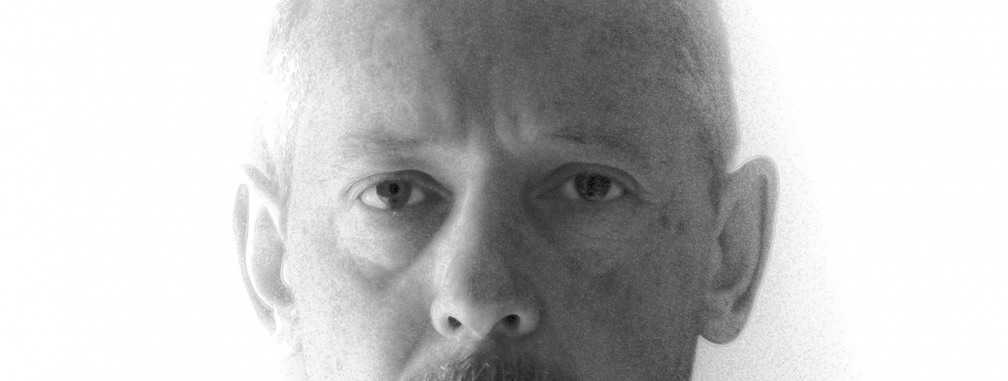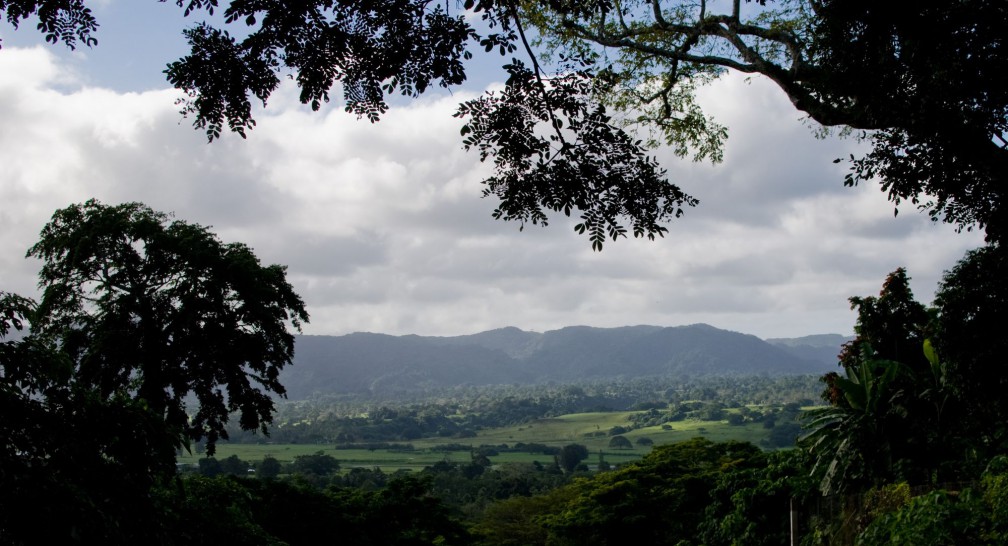Preface: People need to understand that, for a lot of us, no amount of affirmation is going to change how we feel. Depression is treatable in many cases, but not necessarily curable in any case. This means that sentimentalising the problem is emphatically the wrong approach.
It is for me, at least. It drives me up the fucking wall to have to listen to people tell me how good I am, how much better the world is with me in it, how if I just stick with it a little longer, things will get better.
Because here’s the thing: They may get better for you, but for me they don’t.
I cope better on some days than others. I’ve had a lot of practice. I find ways to experience joy in the midst of overwhelming sorrow. But that doesn’t mean the sorrow goes away. You may have trouble grasping this—lord knows I do—but you can feel good about yourself and be the same worthless person you were when you woke up this morning. There is no contradiction there.
People think that when we say, ‘it’s all in your head’ it’s therefore transient, ephemeral and mutable. It’s not. You can change what you think about it, but you cannot change the thing itself.
So if, in the course of reading this, you find yourself wishing me well… don’t. I’m not well. I never have been, and I never will be. But I have a life. It’s a good one, and I’m not stupid enough to fail to recognise that. So kindly refrain from reminding me.
Now, on to my confession…. Continue reading



 The thematic heart of
The thematic heart of